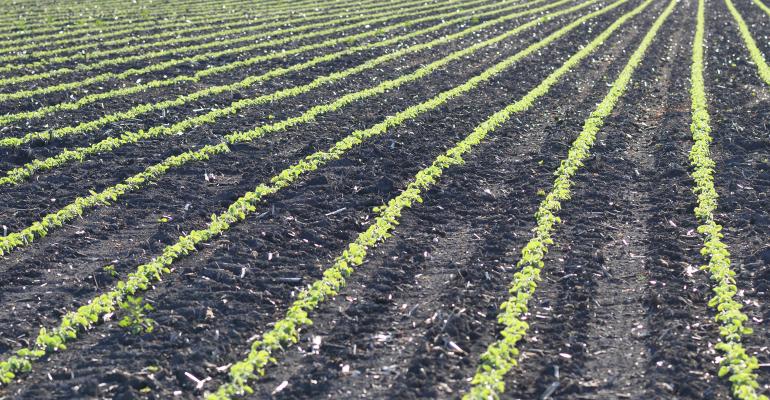October 3, 2019

By Eric Wilkinson
Many farmers assume they know the qualities of a “good farmer,” but in my experience, they don’t often ask what farm managers look for when choosing farm operators. Here, in no particular order, are seven things I’ve learned to look for in choosing the right farmer-tenant:
1. Experience and farming skill. Observing fields that a farmer already operates will shed light on how he or she may perform on a managed farm. Experience is often construed as a judgment of age, but a younger farmer who has farmed alongside a relative or neighboring farmer may have enough experience to be qualified.
2. Farming practices and land stewardship. Gone are the days when everyone moldboard-plowed in the fall and field-cultivated twice before planting. Today, tillage, chemical, fertilizer and conservation practices are much more diverse, and we take time to understand the practices each farmer incorporates to be the most productive, efficient and profitable.
3. Motivation and drive. This is especially important in a challenging spring like we experienced this past year. Getting the job done right and timely is a big part of being a good farm operator. Being well prepared for the upcoming season means a farmer can minimize the opportunity for problems, errors and making decisions on the fly.
5. Financial health and stability. I am impressed when I see a medium-size farming operation with a relatively late-model line of owned equipment, with absolutely no debt. They cash flow their operating needs, upgrade equipment in cash and earn a good living. On the other end of the spectrum, we see operations that are leveraged to the hilt, hopeful that renting more land will help pay down their debts. Operations with a manageable debt load are given strong consideration.
6. Successful communication. This is an important but subjective topic. I have known managers who only want to talk to the tenant when he or she calls them, and others who expect regular calls, emails or texts. A good farmer should be able to communicate effectively with a manager or landowner, so the farmer can share how what he or she is doing leads to success.
7. Capacity to grow. This one is difficult to quantify, but we’re trying to decide whether the operation can handle more land. Some operations are better positioned than others to grow and lease more land, so we look at labor, equipment and debt capacity.
8. Technology adoption. Many good farmers don’t use a lot of technology, but some technology makes sense for advancing into the future. The first is a good-quality, accurately calibrated yield monitor. You can’t manage what you don’t measure. Also useful: applied maps for each trip across the field, variable-rate planting and fertilizer applications, and the many software programs to improve management decisions.
Obviously, these points are subjective and vary by farm manager, but I hope they shed light on what we look for in a “good farmer” — and what farm operators should focus on as they position themselves for growth.
Wilkinson is a farm manager with Hertz Farm Management, Kankakee, Ill., and a member of the Illinois Society of Professional Farm Managers and Rural Appraisers. Email questions to [email protected].
You May Also Like




